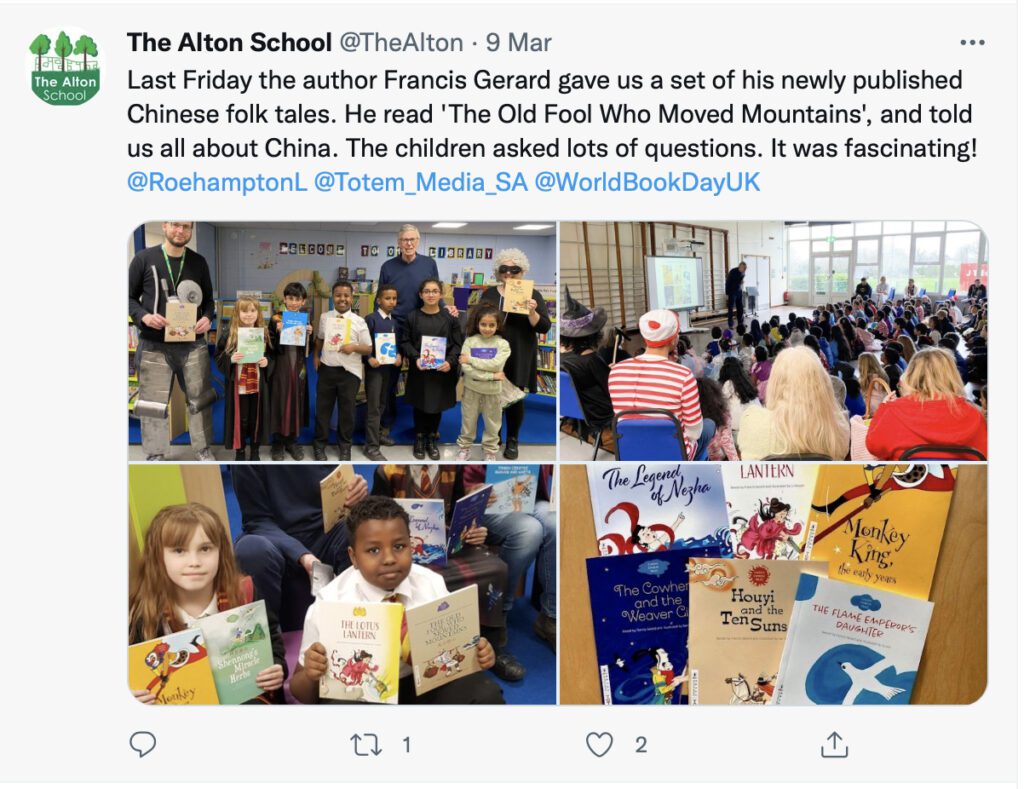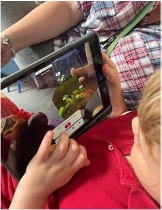Guiding everything from decision-making to daily interactions, brilliant school values spark shared ownership in teachers, learners and their families; transform communities as well as classrooms; and lay the foundations for brighter futures that impact every one of us, and even the planet.
Taking the time to create core values that are truly tailored to your whole school can be transformational.
Get it right and they can help swell pupil numbers, bolster budgets, grow resources, deliver recruitment and retention and garner rich connections with your local community and its families. They can also help with Ofsted inspections, carried out with a clear understanding of the school’s ethos and expectations.
Miss the mark and you risk diminishing their value. They can easily become a generic, continually reproduced page in your school prospectus, or an occasionally referred to set of laminated words displayed on your reception wall. A nice to have.
The Value of Re-evaluating School Values
There are two primary reasons to reconsider your core values. Firstly, because they fail to authentically represent your school and its distinctive culture. They don’t inspire or capture the real essence of what makes your school different. Worse still, you might find yourself ensnared in the ‘educational waffle’ dilemma. The problem of having a set of generic, safe statements that closely resemble those of many other schools in your catchment area, but miss the heart of what matters most in your school.
The second is their relevance to your community and the world at large. Society has shifted. Social media
safety, diversity and inclusion, coronavirus, climate change, the cost of living crisis… Legacy values that you may have inherited may no longer feel relevant without redefining what they mean from your school, its learners and their families perspective.
According to the National Parent Survey 2023, over 2.8 million children live in households where their parents are struggling to afford the cost of sending them to school. 875,000 primary school children don’t have enough age-appropriate books at home. In Wandsworth, 45% of primary school pupils do not have English as their first language.
A special focus on a value a month is a great way to bring values to life rather than promoting ‘all the values all of the time’
Parent
Imagine the impact you would have if you addressed these issues directly through your core values. If you communicated a safe, supportive and inclusive school culture and embodied it across everything you did. Where your words and their associated actions were perfectly aligned. How powerful would that be?
Living Your School Values
Your values should be the lens through which you view all of your school activities. They should be embodied by staff, underpin all of your external and internal communications and permeate through every facet of daily school life.
Develop a consistent and structured implementation plan for your values programme and you can unlock the benefits of creating a positive, inclusive, and supportive learning environment.
Here are some ways your school can embody its values:
Leadership Role Models
First and foremost, the school’s leadership and staff must serve as role models for these values. They should consistently demonstrate respect for one another, honesty in their interactions, and integrity in their decision-making. These actions send a powerful message to students about the importance of these values in the real world.
Integration into Curriculum
Infuse the values into the curriculum. Incorporate them into activities and lessons to reinforce them.
Consistent Messaging
Ensure that the values are consistently communicated through posters, assemblies, newsletters, and classroom discussions, reinforcing their importance in various contexts.
Recognition and Rewards
Acknowledge students who demonstrate these values through certificates, praise in assemblies, or special mentions in newsletters to encourage others to follow suit.
Conflict Resolution Programmes
Teach conflict resolution strategies that align with the school’s values, promoting peaceful and respectful interactions among students.
Student Involvement
Empower students to take ownership of your values by involving them in decision-making processes, clubs, or initiatives that promote and embody them.
Training and Development
Provide training and workshops for both staff and students to understand, practice, and integrate your values into their daily lives.
Regular Evaluation
Periodically assess how well the values are being integrated and lived out in the school environment, making adjustments or improvements as necessary.
Community Engagement
Organise events or projects that reflect your values, involving parents, local organisations, or the wider community – reinforcing their importance beyond the school walls.
Value of the Month
To effectively integrate your values into whole school life, consider adopting a Value of the Month programme. This enables you to explore each value in-depth across myriad contexts at school, home and in the world at large.
To raise awareness of and engagement with the Value of the Month, develop a prominent visual focus around the school, with large values boards in key halls and areas.
Create a classroom poster for display each month with each child given a copy to take home with them.
Feedback from similar initiatives reveals that these posters find their way onto the walls of the immediate family home, the extended family and even businesses in the wider community.
As you revisit the value in subsequent years, learners will interact with the value in different ways as their understanding matures.
Connecting Parents
More than eight in 10 parents want to play an active role in their child’s education. And yet fewer than one in five schools have policies in place to facilitate this.
Engaging your greatest advocates through values-aligned initiatives means your school will:
- Build trust and understanding
- Bridge the gap
- Reduce absenteeism and exclusion
- Raise aspirations and achievement
- Inspire parents, pupils, and staff
- Garner testimonials / referrals
Involving parents in decision-making brings in different perspectives and points of view, which in turn can help the shift towards home school partnerships; shared values and shared goals.
A Parent Council can provide an excellent forum that supports consultation and shared values-led decision making.





























